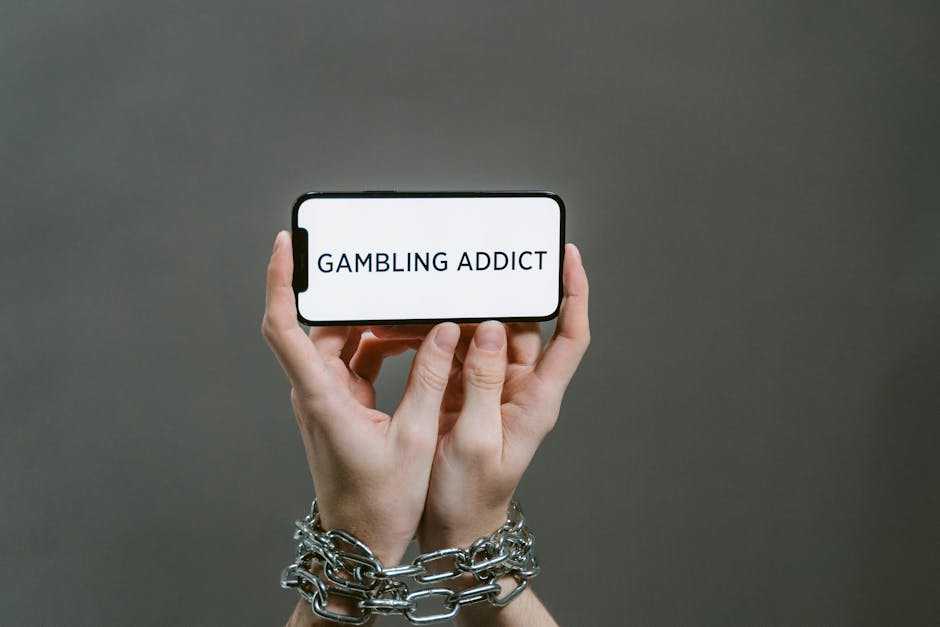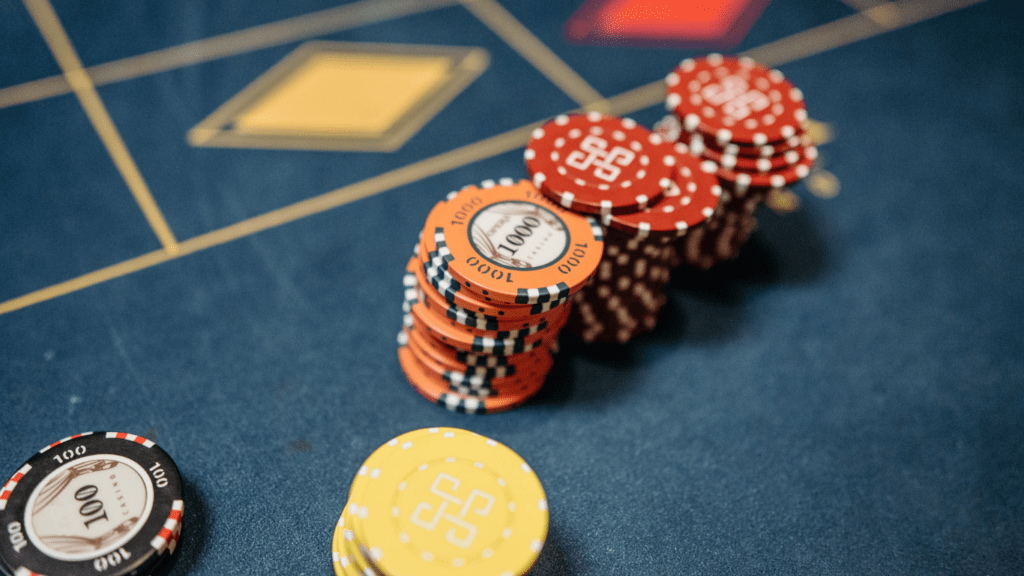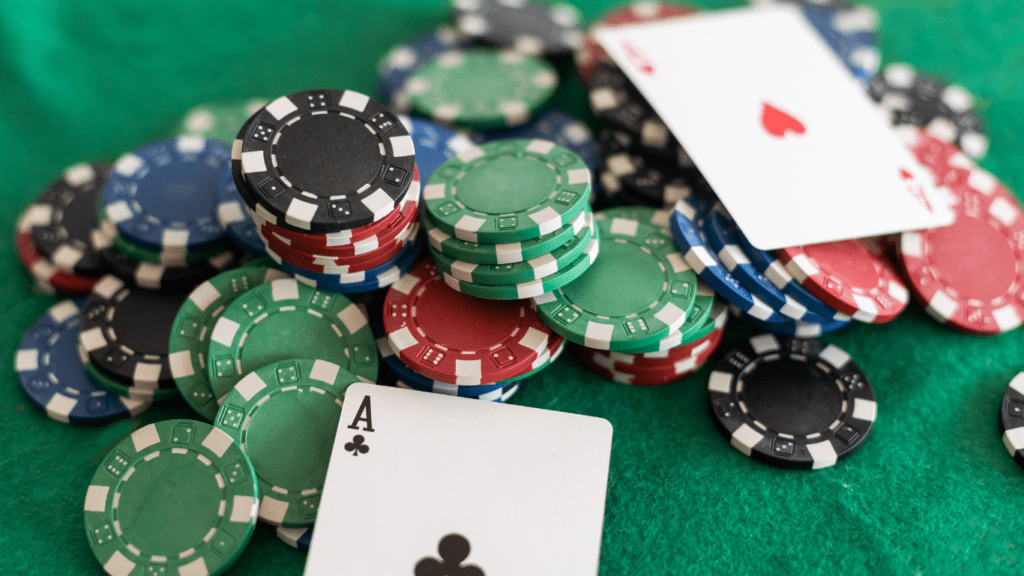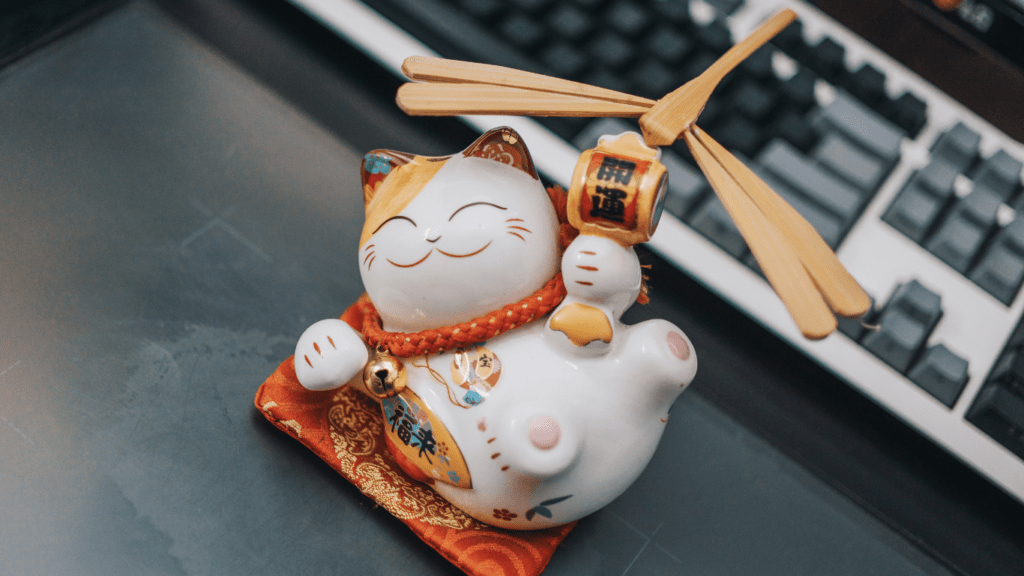Superstition and Luck: Why We Think Rituals Work
What Counts as a Superstition? Superstition isn’t just about walking under ladders or breaking mirrors. At its core, it’s the belief that certain actions or objects can influence outcomes in mysterious, invisible ways. It’s less about logic and more about hope, routine, and sometimes, fear. You can’t measure it, but people swear by it. Across […]
Superstition and Luck: Why We Think Rituals Work Read More »








